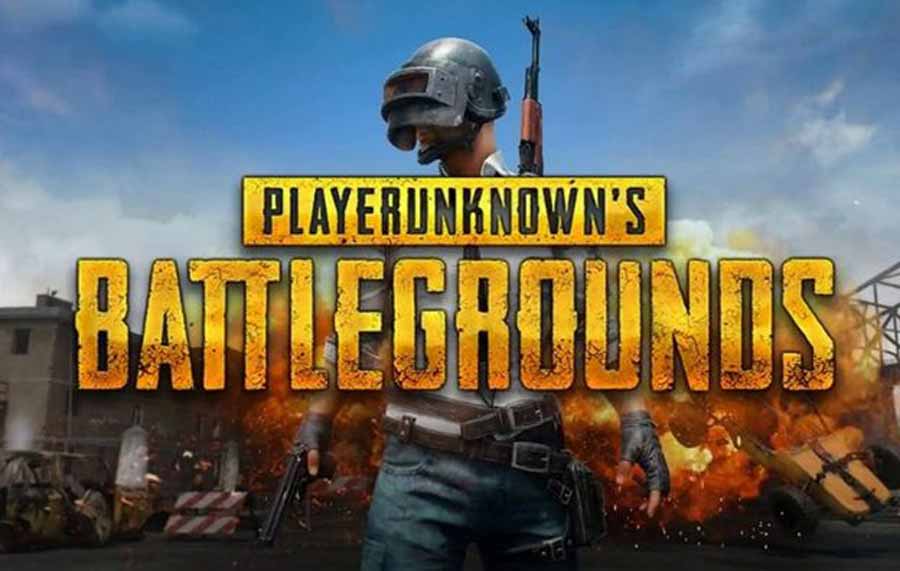PlayerUnknown’s Battlegrounds (PUBG), a name that resonates with millions of gamers worldwide, stands as a monumental milestone in the realm of gaming. Since its debut in 2017, یوسی پابجی has transformed the landscape of online gaming, leaving an indelible mark on the industry.
PUBG’s groundbreaking concept of the battle royale genre redefined how players engage with virtual environments. Plunging a hundred players onto an expansive map and forcing them to scavenge for resources while battling to be the last person standing, PUBG introduced an unprecedented level of intensity and competition. The game’s dynamic blend of strategy, skill, and survival instinct quickly captivated players, spawning an entire subculture of content creators, professional players, and eSports tournaments.
The impact of PUBG extends beyond its addictive gameplay. It showcased the potential of cross-platform gaming, allowing players to engage regardless of their chosen gaming system, bridging gaps and fostering a more inclusive community. Moreover, PUBG’s success paved the way for other battle royale titles, shaping the gaming industry’s trajectory towards large-scale multiplayer experiences.
Despite its success, PUBG faced its share of challenges. Issues such as optimization, hacking, and bugs plagued the early stages of the game, leading to a tumultuous relationship with its player base. However, the development team’s dedication to refining and enhancing the gameplay experience gradually paid off, with updates and fixes contributing to a more stable and enjoyable environment.
PUBG’s influence is also evident in the mobile gaming sphere. The launch of PUBG Mobile brought the battle royale experience to a massive audience, transcending geographical boundaries and becoming a cultural phenomenon in its own right. Its simplified mechanics and accessibility on mobile devices introduced gaming to individuals who may not have previously engaged with the medium.


